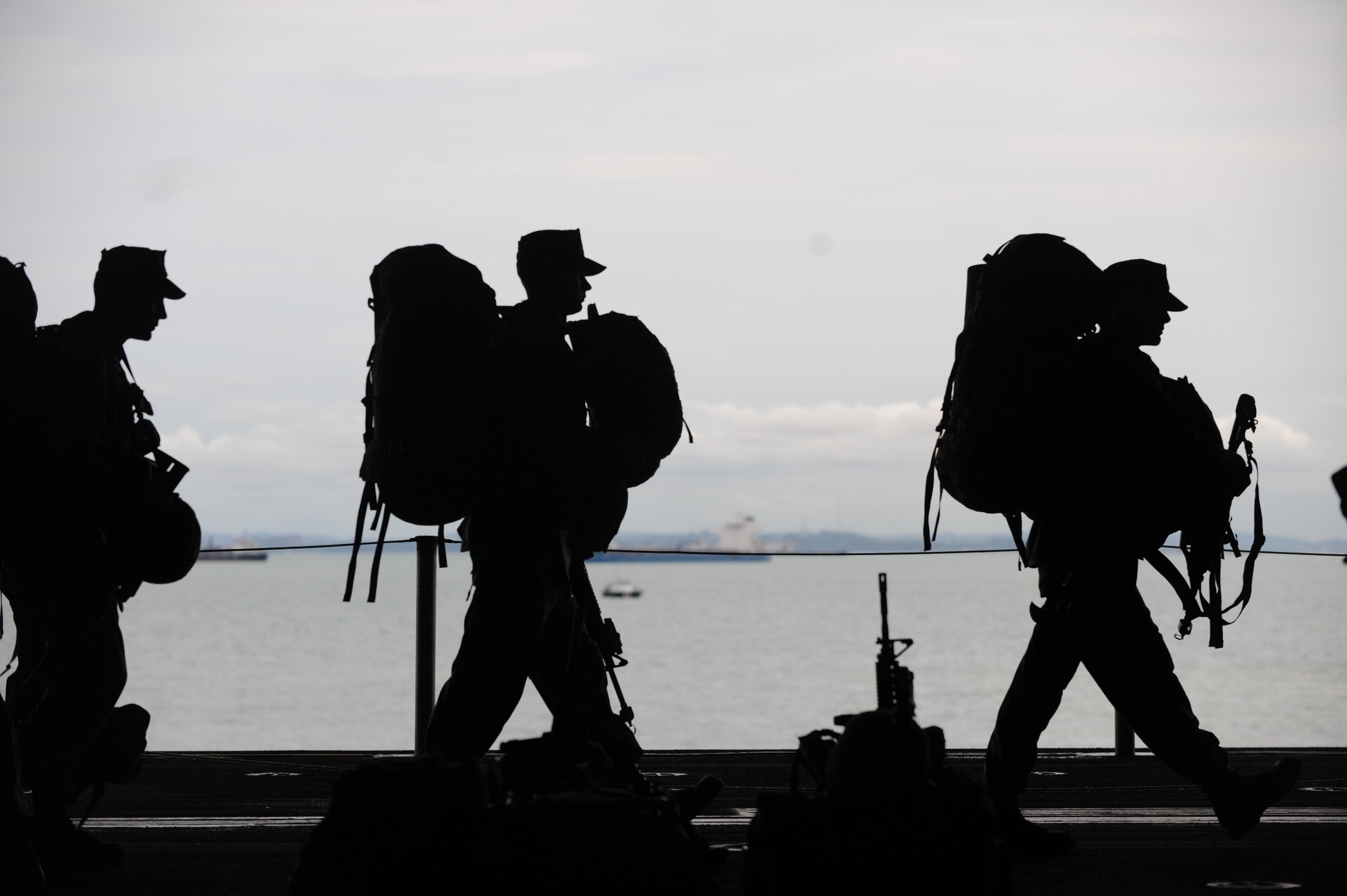A nation-wide shortage of poll workers has left election boards struggling to recruit enough volunteers to keep polling places open and running smoothly. With an estimated 1 million Americans needed annually in order to officially administer an election, the shortage is critical, and comes during a particularly contentious and partisan moment when faith in the integrity of our elections is already historically low.
In an effort to simultaneously address that shortage and restore Americans’ faith in democratic institutions, We the Veterans recently launched its “Vet the Vote” initiative, which aims to deploy 100,000 veterans and military family members to fill those vacant rolls.
During a strategic advisory session on July 20, NationSwell Council members connected with Ben Keiser, co-founder of We the Veterans, to look for new ways to fuel recruitment efforts, build and strengthen grassroots coalitions, and otherwise strengthen the efforts of the “Vet the Vote” initiative. Below are some of the most salient insights that were surfaced during the course of the discussion.
Giving teams the day off on Election Day could pave the way for more robust election participation. While making Election Day a federal holiday in order to increase voter turnout is likely still a long way off, corporate leaders can do their part to help bridge gaps in volunteer turnout by giving their teams the day off.
Pursuing veterans where they already gather could be a valuable point of entry for recruitment. Instead of seeking out disparate veterans and military family members, it makes sense to focus on where the largest infrastructural resources for veterans and their families already exist. In the corporate world, that could look like employee resource and affinity groups; in communities, that might be local VFW, American Legion, and Marine Corp. League chapters, or even police and fire departments with large veteran populations.
There is power in “the personal ask”. Using personal leverage is a valuable resource in driving volunteerism. When wading into spouse Facebook groups and amplifying the recruitment effort in those channels, for instance, it might seem like less of a solicitation to make a personal appeal to members.
Greater education is needed on the complicated barriers to entry some veterans and military spouses face on becoming poll workers. Despite being some of the most visible and dedicated public servants, veterans and their families often faced with significant barriers to entry when it comes to volunteering at the polls. It’s not uncommon for military families to retain their old address when a change in duty station occurs, impeding their ability to register as poll workers in other states. While there are some legislative efforts in the works to close these gaps, larger education campaigns are needed in the meantime to help military families understand what their options are for volunteering.
Utilizing social media and existing internet communities will be critical in order to build local coalitions. Rather than “reinventing the wheel” and starting Facebook groups and Instagram accounts from scratch, it makes sense to explore the digital communities that have already been erected to support veterans and their families and connect with potential volunteers there.

 "
"